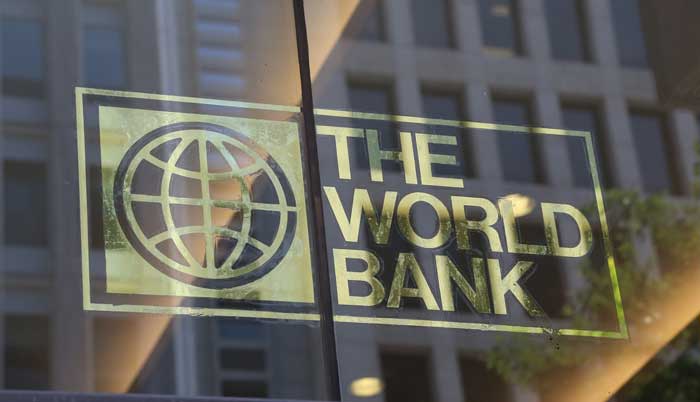“But unfortunately, on climate finance, today in the world…”
“In the absence of an effective global response, annual economic losses due to climate change are projected to exceed $400 billion by 2030 for the V20, with impacts far surpassing our local or regional capabilities”, said Philippines Finance Minister Cesar Purisima.
World Bank President Jim Yong Kim has lauded Bangladesh’s role in empowering women and terming the country as a model in women’s progress.
A new report this week found the world was less than two thirds of the way to the US$100-billion-a-year target past year.
Pledging to essentially double their lending were the smaller Asian, European, African and European multilateral development banks, French finance officials said.
Funding to help developing countries fight climate change reached $62 billion in 2014, a new report by Organization for Economic Co-operation and Development and the Climate Policy Initiative revealed.
The promise to pony up at least $100 billion in climate aid per year from 2020 was one of the few concrete decisions to emerge from the troubled 2009 United Nations climate summit in Copenhagen.
Brandon Wu, a senior policy analyst for ActionAid said the OECD estimates counted export credits and the full value of loans to poor countries as climate finance, making the report’s estimates “misleading”.
Most of the money is going to green energy investments such as climate-smart transport solutions, renewable energy and enhanced water security.
The finance ministers of 20 countries most vulnerable to climate change’s impact held their inaugural meeting in Lima and called on developed countries to boost by 50 percent the financing for adaptation, which includes everything from building sea walls to more heat-resistant highways and relocating low-lying communities where sea levels are rising.
The announcement was made during the Annual Meetings of World Bank Group and International Monetary Fund in Lima in a private meeting of ministers who gathered to talk about climate financing ahead of the 21 Conference of the Parties (COP21).
It also follows Environment Minister Greg Hunt appointing five new board members to Australia’s Climate Change Authority this week.
Requested by governments, the analysis lays out a much-needed framework for tracking how money earmarked for climate action moves between countries, development banks and private sources, the authors said.
Source: Ledger Gazette | 11 October 2015














